-
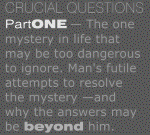
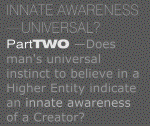
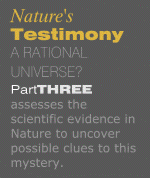
-




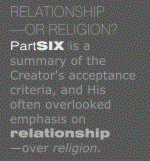

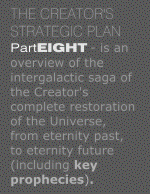
-




|
-
- Creation of the Universe
- - A Powerful Effect...
-
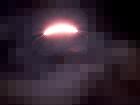
-
- POWERFUL
-
The
cause or Causer didn't create the Universe without leaving
clues and tell-tale signs of its handiwork...
|
-
|
According to the Principle
of Cause and Effect, the Universe is an effect. Logic
dictates that every effect must have a cause. The question then
naturally arises, how did the Universe come to be...Who or what
caused it?
- Scientists'
Big Bang Theory
- Using Einstein's
General Relativity Theory, scientists theoretically trace the
birth of the Universe to what they call the Big Bang.
-
- Using theoretical
models of the Big Bang, scientists project backwards in time
(see SIDEBAR, Look-Back Time) to within microseconds of
creation, an event referred to as Plank Time (10-43seconds).
|
-
-
|
Possible
Clues?
Based
upon these factors, what can be inferred concerning the cause
or Causer of the Universe?
Let's review
the evidence: |
-
|
CLUE #1: CREATION FROM THE MOST
PERFECT VOID IMAGINABLE: |
- Creation of
Matter -from nothing
- Creation of
Energy -from nothing
- Creation of
Space -from nothing
- Creation of
Time -from nothing
|
|
CLUE #2: CREATION OF THE FOUR
UNIVERSAL FORCES THAT BIND AND REPEL MATTER: |
- The Strong
Nuclear Force binds protons and neutrons together in the
nucleus of the atom…(its energy keeps stars like our Sun
burning).
- The Gravitational
Force, weakest among the forces, curves Space, causes orbits,
holds galaxies together and holds us on Earth.
- The Electromagnetic
Force is the phenomenon responsible for electricity and emission
of photons (light); holds electrons in orbit around atomic nuclei
and keeps them apart.
- The Weak
Nuclear Force splits neutrons, causing radioactivity.
|
|
CLUE #3: CREATION OF THE VAST
UNIVERSE |
- The Universe
is immense; scientists estimate its diameter at 28 billion
light years, (which they claim is expanding).
- Our Sun
is only one of the more than 200 billion stars in the
Milky Way Galaxy.
- Our Milky
Way Galaxy is only one of the 125 billion galaxies
in the observable universe.
- It is estimated
that there are between 1022 - 1024 stars
in the Universe (i.e., from 100,000,000,000,000,000,000,000 to
10,000,000,000,000,000,000,000,000)
- The most distant
galaxies we can now see are 10 to 12 billion light years away.
- Our solar
system is located 30,000 light years from the center of our Milky
Way Galaxy.
- The nearest
solar system to us, Proxima Centauri, is 4.2 light years
away (about 25 trillion miles).
- The nearest
big galaxy to ours is the Andromeda Galaxy, 2.5 million
light years away.

-
- The
Great Andromeda Galaxy,
- Kim
Gordon, California State
- Univ.
at Long Beach
|
|
- Summary
- According
to the Principle of Cause and Effect, the Universe is an effect
of the grandest scale imaginable. Its cause or Causer
must be sufficiently powerful to have instantly brought the Universe
into existence —from nothing.
Implication: Omnipotence
Reason: Whoever or whatever
caused creation is All-Powerful
|
- Next
|
|
- - Best viewed in Internet
Explorer
- or Safari -
-
-
-
-
-
-
-
-
-
-
-
-
-
-
-
-
-
-
-
|
Look-Back Time (Looking
back in time)
Light
travels at a fixed velocity (i.e., speed). When we observe
distant objects, we are actually seeing them as they were when
the light left them.
For example,
the Sun is about 93 million miles away. It takes light 8.5 minutes
to reach Earth. When we look at the Sun, we're actually looking
back in time at it - 8.5 minutes ago. |
-
-
-
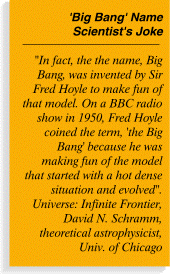
-
-
-
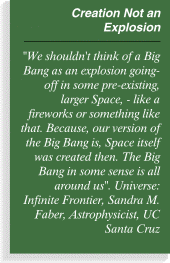
|